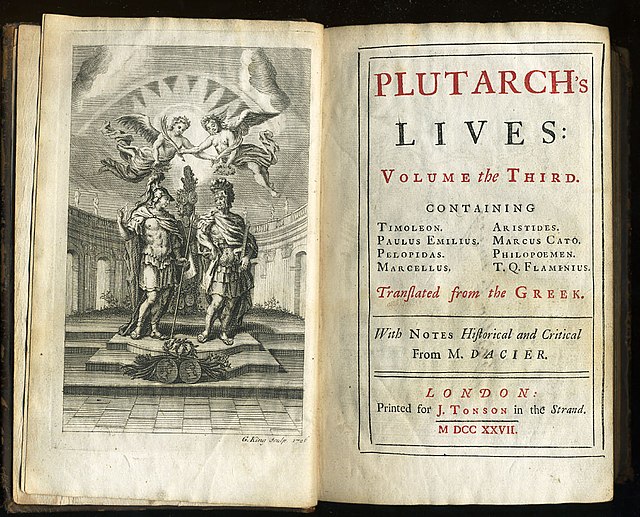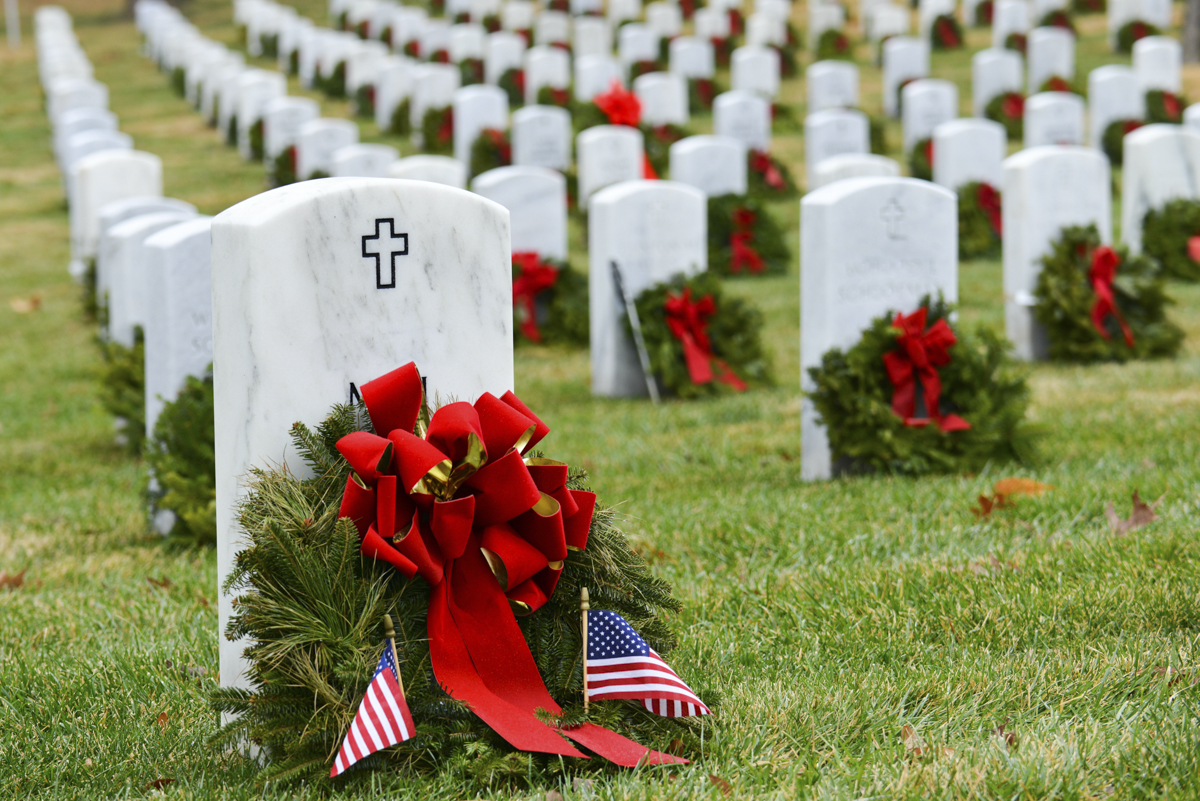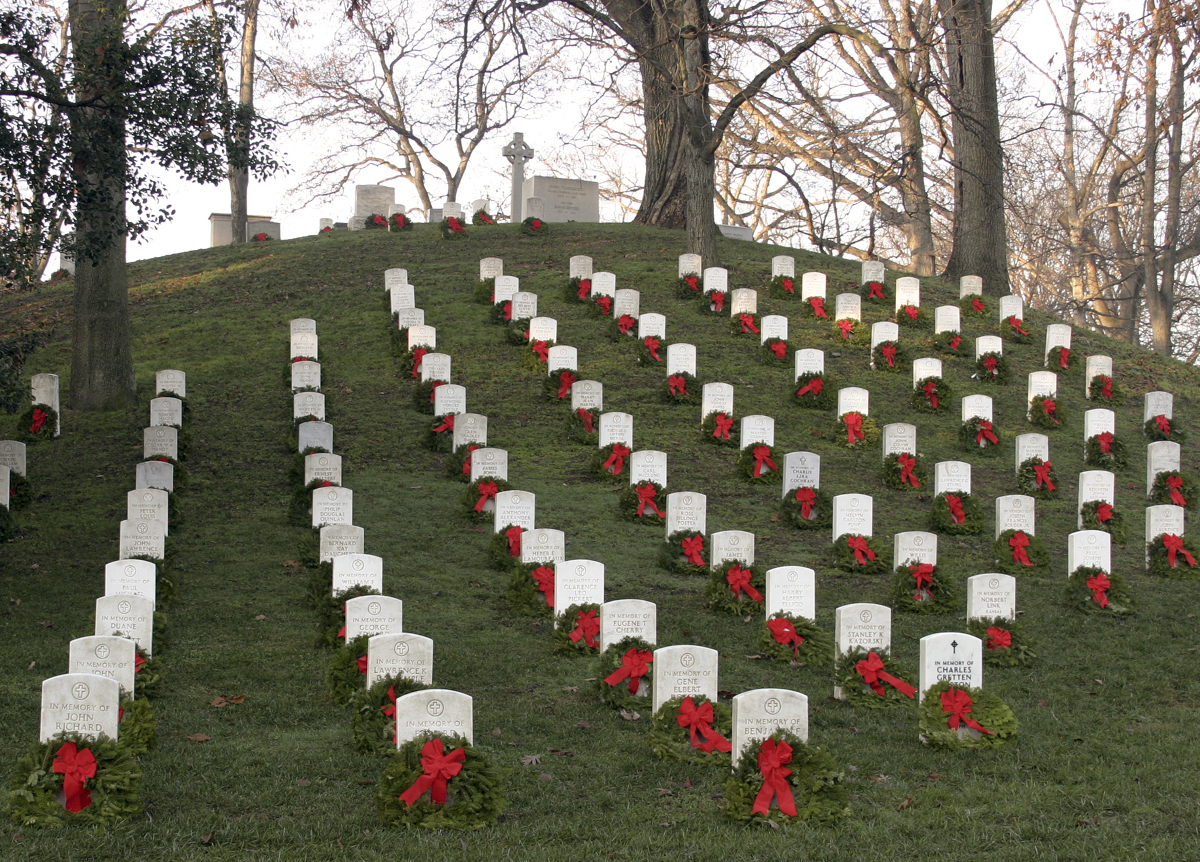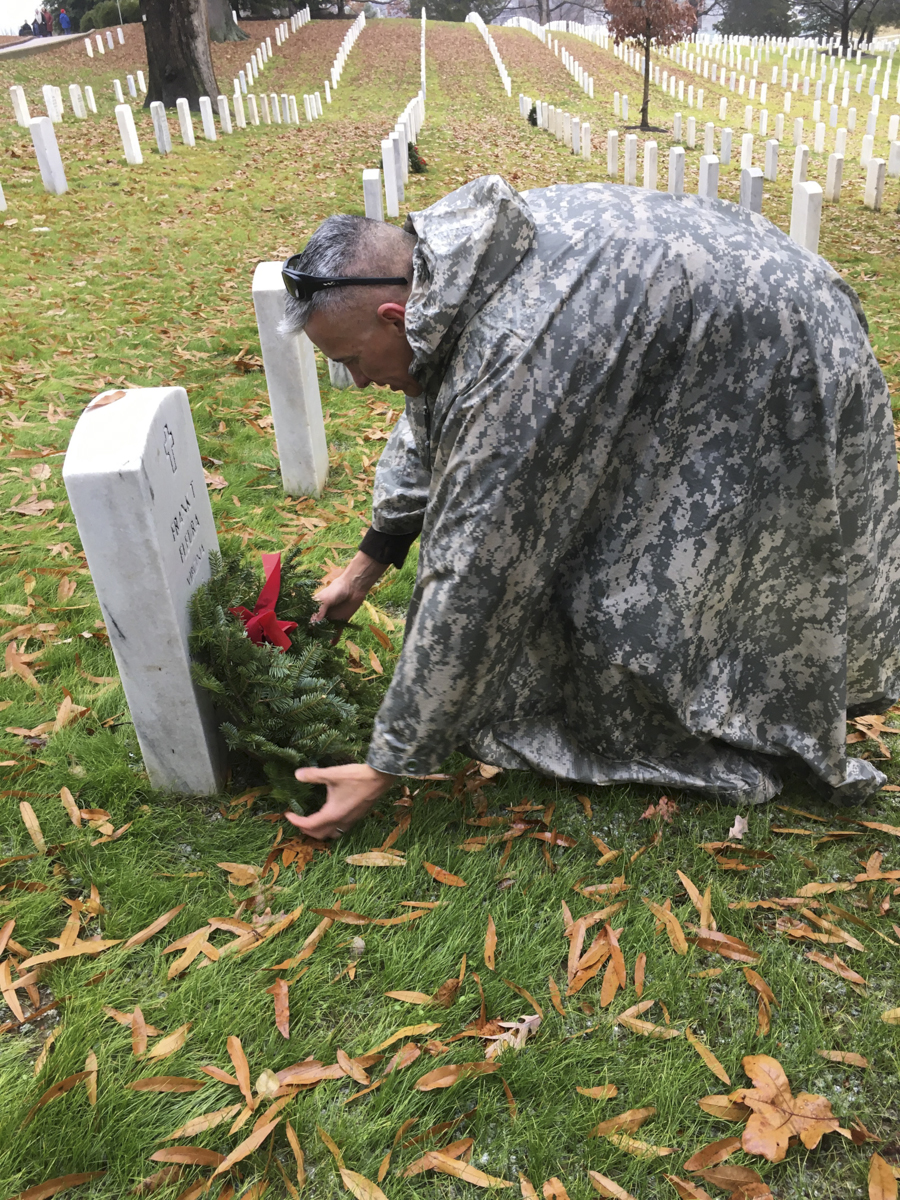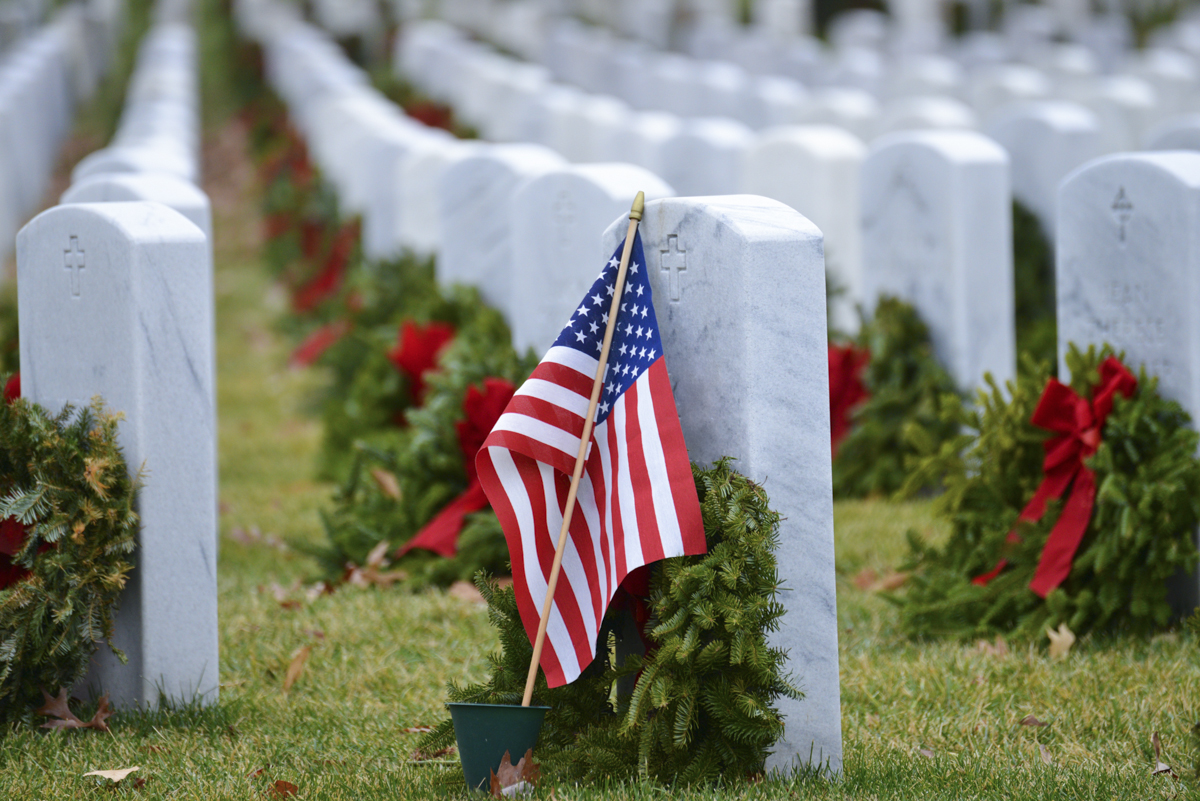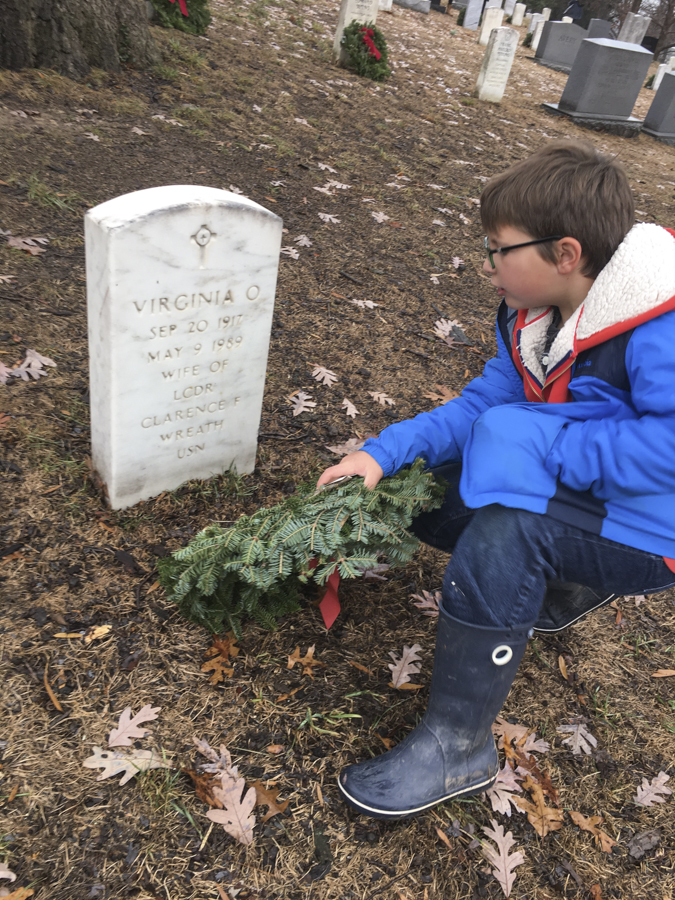“Every man is called upon to be a statesman seeing that every man and woman, too, has a share in the government of the country; but statesmanship requires imaginative conceptions, formed upon pretty wide reading and some familiarity with historical precedents.”
Thus wrote Charlotte Mason, a turn-of-the-20th-century British educator, in her seminal work, “Towards a Philosophy of Education.” What truth these words still contain for us today!
As American citizens, we must understand that with rights come responsibilities, and we personally have a role to play in the proper functioning of our society. In the United States, some of our specific obligations include understanding how our system of government works, as well as educating ourselves during elections to vote for people we believe will best uphold the principles that our nation was founded upon and the system of government that our Founding Fathers established.
We must have respect and gratitude for the wisdom of the past, which in today’s culture can serve as an important tonic against the all too prevalent idea that we are the first enlightened people to populate the earth. C.S. Lewis refers to this as “chronological snobbery,” and it is endemic in America today. This attitude tends to destroy and erase the past, rather than to learn and grow from it.
One aspect of citizenship is to conduct an honest assessment of what has gone before us, and to learn from it. How do we impress this upon today’s youth? A study of Plutarch fits the bill. By presenting the virtues and vices of men, and holding them up for you to see and to judge, Plutarch encourages us to continue the same process, and to learn from history, so as not to make the same mistakes.
Our Founding Fathers were so strongly influenced by Plutarch, and so well-acquainted with his “Lives,” that they wanted sets of this work to be bought and placed in every library in our new nation! They knew that the noble ideas and heroic actions contained within the pages of Plutarch’s “Lives” were mind-fodder for our citizenry, and they wanted us to keep these models at the forefront of our minds. But you ask, is Plutarch still relevant today? Why, yes. Yes, he is.
But first, who was Plutarch? Born in A.D. 50 in the Greek region of Boetia, at a time of great decadence in Greece, as well as military despotism in Rome, he was a philosopher most famous for his work, “Parallel Lives.” Written in pairs of one Greek and one Roman life, this work includes details of the greatest men of these two great nations.
Plutarch is referred to as the “prince of biographers,” and was also an educationalist, with many thoughts on the responsibilities of parents and the training of children—in particular, character formation and citizenship. He wrote to warn his contemporaries what would result if the culture continued to decline morally, and that this “loss of moral sanity must sooner or later cause national decay.” This objective remains relevant in today’s cultural moment, does it not?
Charlotte Mason incorporated the study of Plutarch into her schools, but not under the category of history; rather, students studied Plutarch under the banner of citizenship. This does not imply that children merely studied what it meant to be a citizen of their nation (although they also did that). Instead, a study of citizenship fostered the ability to discriminate between a man’s actions as right or wrong, and it inspired ideas of what makes a person a valuable citizen.
In Plutarch’s day, history was written in the form of biography. Plutarch himself, in his “Life of Alexander,” writes:
“For it is not Histories that I am writing, but Lives; and in the most illustrious deeds there is not always a manifestation of virtue or vice, nay, a slight thing like a phrase or a jest often makes a greater revelation of character than battles where thousands fall, or the greatest armaments, or sieges of cities.”
Good character is the foundation of citizenship, and highlighting this makes Plutarch ideal for modern study. Plutarch provides the fodder by which our children’s minds begin to clearly differentiate between right and wrong, good and evil. It inspires children to emulate the valor they find in the readings, while avoiding the poor decisions made by men in the past. Plutarch’s “Lives” furnishes our children’s minds with real-life examples of the formation of character that remains the great desire of parents for their children today.
What is it about Plutarch that makes him such a good choice for this subject? “Parallel Lives” inspires our moral imagination by placing before us the life of a real man who made decisions, good or bad, which had consequences, for better or worse. Reading about the repercussions of these choices encourages our students to ask questions: Should he have done that? Was it right or wrong? What would I have done in this situation? Plutarch is masterful in his ability to bring out character strengths and flaws, without moralizing or pointing to the message he wants you to take from your reading. Thus, he is excellent food for our modern scholars’ minds.
We must all be serious students of history in order to understand the influence of the past upon our lives today. At a time when the concept of personal responsibility has been abandoned for a culture of passing the buck, Plutarch can fill the gap by offering an education in civic virtue. His “Lives” is replete with ideas, such as that of individual responsibility and the consequences of ideas. It inspires us to patriotism and provides living examples of honor and valor.
Turn to the wisdom of the past to successfully navigate the present. You will find yourself surprised by how relevant the words of this ancient biographer prove to be.

